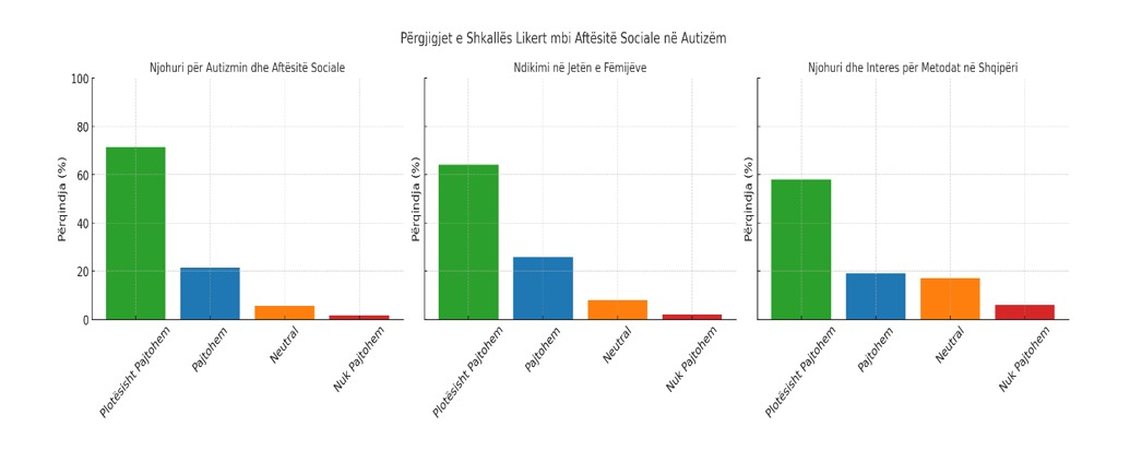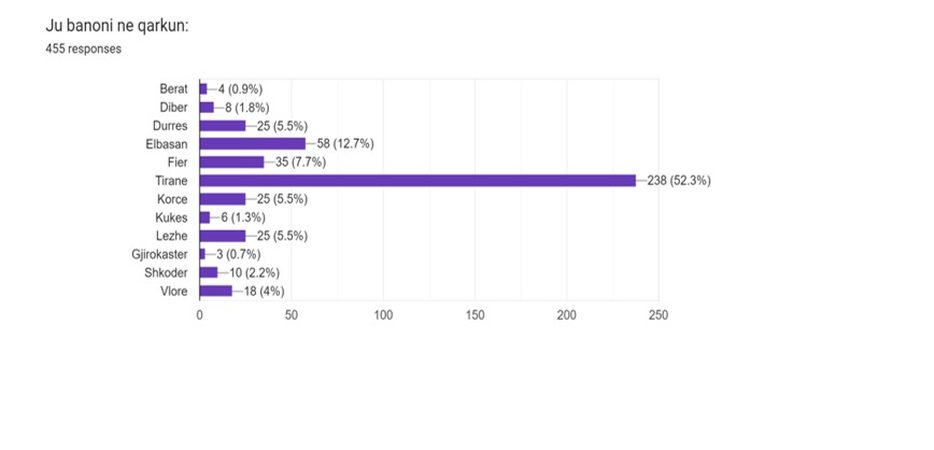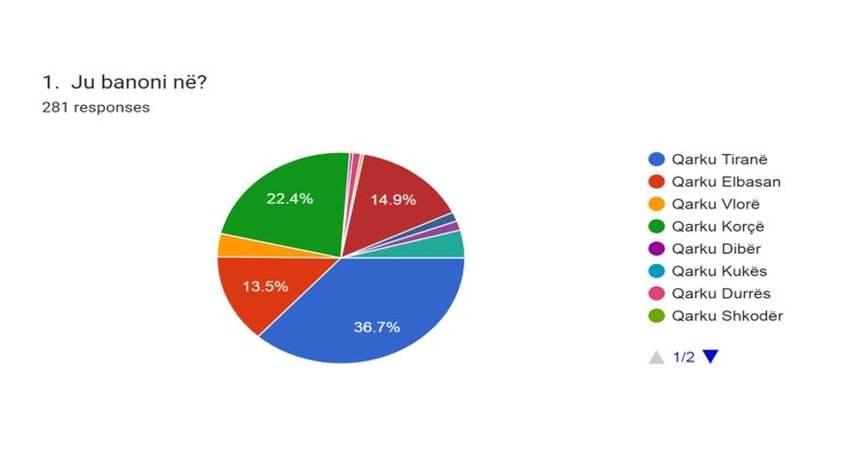
By Dr. Migen Sulaj, MSc. Alerda Cani
Two national studies conducted during 2025 have revealed for the first time structured and critical data on the preparation of professionals in the inclusion and support of children with autism spectrum disorders (ASD) in Albania. With a total sample of 736 participants, this research has identified major gaps in practical training and the lack of structured approaches to social skills in autism – a clear call for institutional and political action.
What does the data show?
In the first study, 84.3% of support teachers claimed to have direct experience with children with autism, but only 48.4% had received specialized training. Meanwhile, 92.2% expressed a clear need for further training in essential areas such as communication, behavior management, and the use of evidence-based methodologies, such as Applied Behavior Analysis (ABA). 89.7% assessed the role of the support teacher as key to the effective inclusion of children with autism, but also highlighted the lack of clarity in the description of their role and the need for continued institutional support.

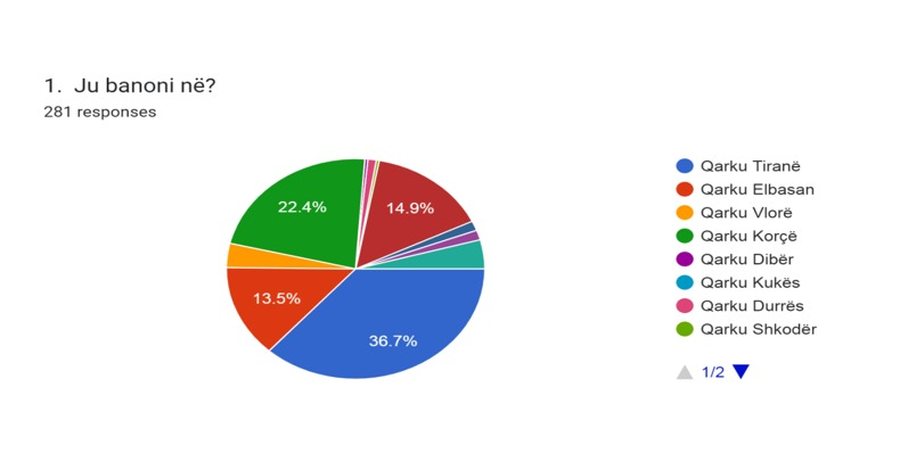
On the other hand, the second study revealed a significant contrast: 97.1% of participants declared that they have knowledge about neurodevelopmental disorders, and 93.8% acknowledged the vital importance of social skills for children with autism. However, only 32.8% were aware of any concrete local initiatives in this area, while 81% considered social skills difficult to learn. More than 82.5% expressed interest in structured training and interventions in this regard.
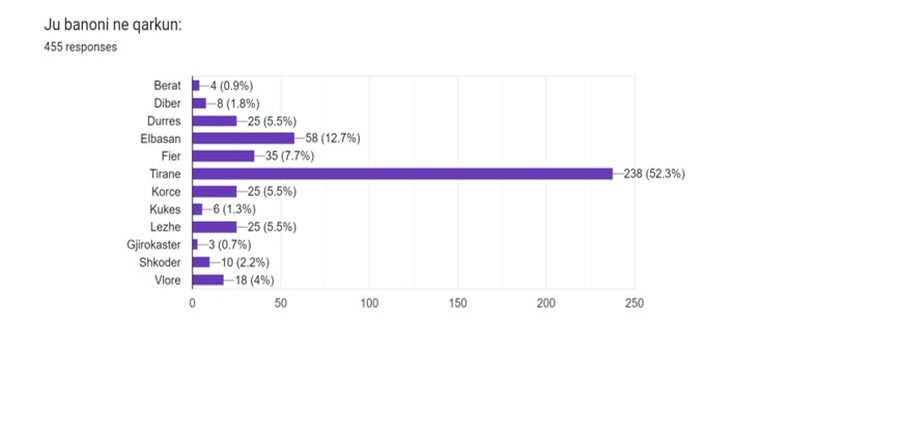
These findings highlight an apparent contradiction: although participants, both support teachers and other professionals, report general knowledge about autism and appreciate the importance of social skills, they acknowledge a lack of practical preparation, knowledge of concrete models, and structured approaches to developing these skills.
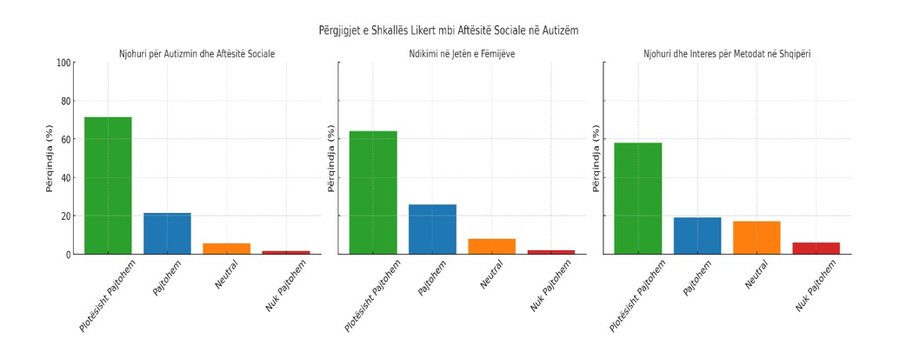
What does the data show?
First study:
281 support teachers across Albania were surveyed with a structured questionnaire and interviews.
84.3% had experience with children with autism
Only 48.4% had received any specialized training
92.2% require additional training in evidence-based methods, such as ABA (Applied Behavior Analysis)
89.7% consider themselves crucial for the effective inclusion of children with autism
Second study:
455 participants (parents, teachers, psychologists, speech therapists, students) were included in a questionnaire with 16 statements.
97.1% declared knowledge about autism
93.8% emphasized the importance of social skills
But only 32.8% knew any local practices
81% consider social skills difficult to learn
82.5% showed high interest in training and support programs
Critical contradiction: Theoretical knowledge, lack of practical preparation
Although the majority of participants in both surveys report having knowledge about neurodevelopmental disorders and the importance of social skills, the findings clearly show that they are not equipped with practical skills, quality training, or structured models for working with these children.
This shows a critical contradiction between the perception of knowledge and the reality of a lack of preparation on the ground. The role of the support teacher and other professionals is crucial for the inclusion and development of children with autism – but they need concrete tools and methods to build social skills and manage challenging behaviors in school and family settings.
Key recommendations from both studies:
Development of National Training Programs for Support Teachers:
Designing a standardized and accredited training curriculum for support teachers, with a focus on autism, communication, evidence-based interventions such as ABA, and interdisciplinary approaches.
Continuous training (not just introductory) to update knowledge and practical skills.
Strengthening the Role of the Support Teacher through Clear Policies:
Reviewing and improving the legal and institutional framework that clearly defines the role, responsibilities and support for support teachers.
Creating practical guidelines for their daily work in inclusive classrooms.
Promoting Evidence-Based Social Skills Interventions:
Developing and implementing concrete intervention models for the development of social skills of children with autism in schools and development centers.
Training teachers, parents and other professionals to use practical, visual and modeling strategies to reinforce social interaction.
Increasing Inter-Institutional Cooperation and Team Support:
Strengthening communication and cooperation between teachers, parents, psychologists, speech therapists and institutions to build personalized intervention plans.
Creating support teams at school and regional levels with monitoring and training functions.
Developing Awareness and Information Campaigns:
Increasing public awareness about autism and the importance of interventions in social skills through media, community activities and educational platforms.
Distributing informational materials on inclusion and communication strategies with children with ASD.
cONcluSiON
Both studies shed light on critical gaps between perceived knowledge and actual professional preparation for working with children with autism in Albania. They provide a solid scientific and practical foundation upon which new policies and structures for inclusive and effective education can be built. A unified approach, with regular training, systematic support, and evidence-based practices, is essential for improving the well-being and inclusion of children with Neurodevelopmental Disorders/Autism.
Call to action
The data is a clear signal for the Ministry of Education, educational institutions, developmental centers and Albanian society. It is time to move from theoretical knowledge to concrete interventions, practical training and real support for children with autism and the professionals who support them.
(A2 Televizion)

